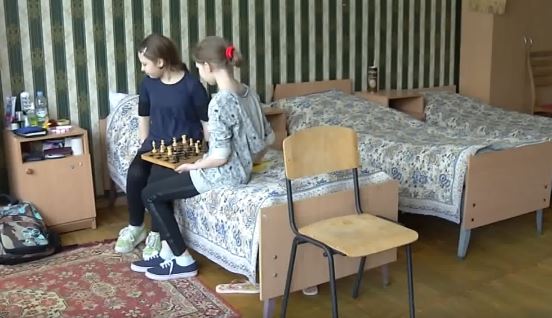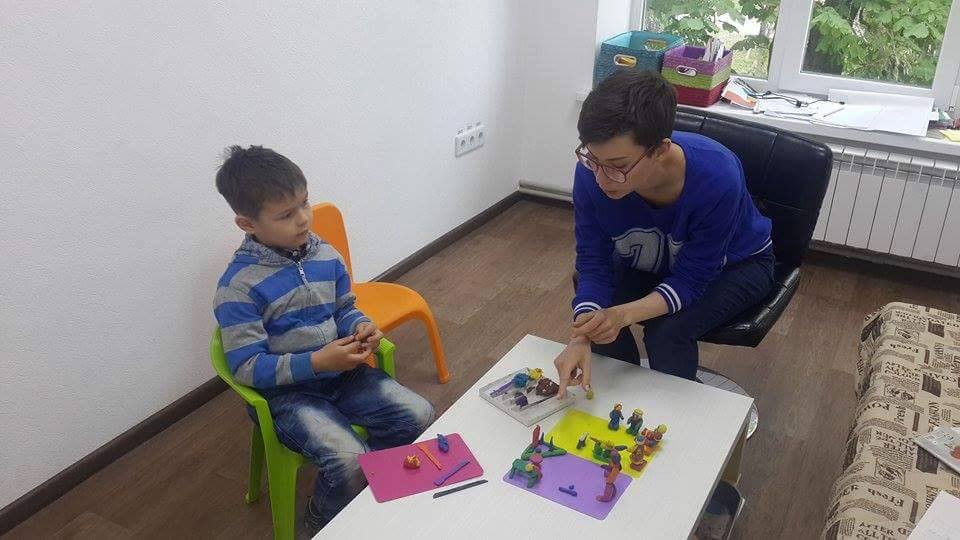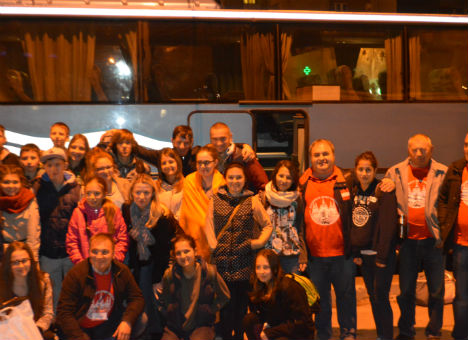Ukraine is looking to reform its current system of guardianship as well as its education system for disadvantaged and orphaned children. The reform entails introducing students to inclusive classes in ordinary schools as early as 2019.
There are more than 50,000 children with special needs in Ukraine, according to official statistics. Many of them have been isolated from mainstream education. But these statistics have not gone unnoticed. The head of a charity foundation looking to fix the situation Marina Poroshenko has promised to set up specialized inclusive classes in every school.
Maryna Poroshenko, Head of the Poroshenko foundation, told about Ukraine's latest steps in providing inclusive education:
"We started a pilot project to develop an inclusive educational environment in Ukraine a year ago. We started from the Zaporizhzhia Oblast last year. But even today three regions have joined us: Dnipropetrovsk, Zhytomyr and Khmelnytsky. Our goal is to introduce inclusive education in all regions of Ukraine without exception by 2019."
Meanwhile, human rights organizations have uncovered that orphanages from the Soviet-era had a disastrous effect on children being housed and educated there. Half of the children brought up in the facilities committed some sort of crime, and 25 percent of them ended up homeless. The most effective solution is to bring up children in the foster care is through a guardianship program.
Pavlo Rosenko, Vice Prime Minister of Ukraine, told that Ukraine is introducing funding of foster care of children asides these state orphanages:
"This year the state budget provides funding for one hundred and fifty-four families of foster care for disadvantaged children. For sure, it’s not enough, because there are one hundred thousand children in the orphanages. But it is a very important beginning and it is a small victory."
In Moldova, the system of orphanages started its transition in 2006. There are currently only 10 percent of children who live in orphanages. Most of children live with adoptive families. The strategy of reforming the care and education system for disadvantaged children will appear in Ukraine in the nearest future.





